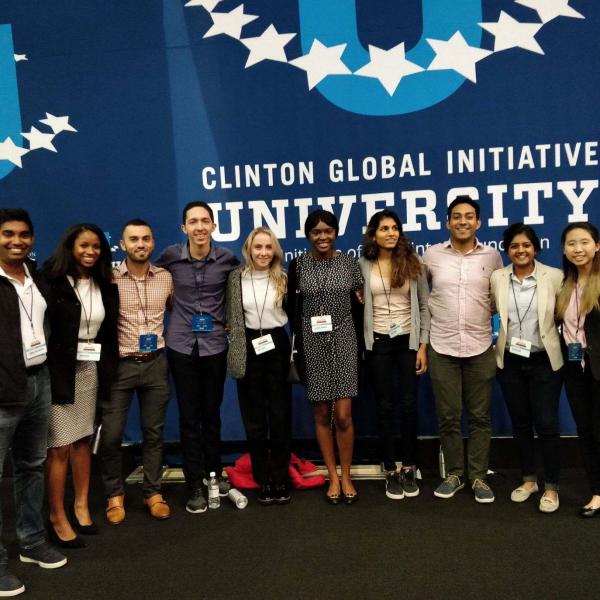Overview
ILR Worker Institute Research Fellowship Program
At its heart, the Worker Institute views its work as a contribution to reversing the growing inequality, now at historic levels, which undermines the economic and social sustainability of a vibrant democratic society. The Institute provides the nation’s most comprehensive education, training, research, and organizational support for union leaders and worker advocates. Worker Institute research fellows, sometimes in small teams, will have the opportunity to work directly with Ithaca-based faculty and ILR labor extension faculty based in NYC.
The fellowship program’s goal is to provide ILR students with a unique opportunity to contribute to important projects concerning workers and unions, expand their research skills, learn about potential career paths and interact with faculty, labor leaders and other fellows.
The main selection criteria include a strong academic record and a demonstrated interest in one of the Worker Institute’s research areas.
Research into low-wage and precarious work in New York State
Worker Rights and Equity conducts mixed-methods research on precarity in the labor market for
different sectors of workers. We seek to understand the root causes of this precarity, how its
experienced by workers (centering worker voice at the heart of our research and analysis) and
make recommendations to city, state and federal policy makers on how best to address the
sources of precarity and low wages. To do this, we apply a participatory and community-based
research approach to out work. Current projects include an examination of the experience of
immigrant workers at factories in New York for Northeast New York Coalition for Occupational
Safety & Health (NENYCOSH), an examination of the impact of AI on the New York City fashion
industry, and the relationship between disability, unionization and home-based care work.
Support will be required in conducting literature reviews, cleaning quantitative data and coding
qualitative data, organizing qualitative interviews and focus groups and other day-to-day tasks. -
with Anne Marie Brady






